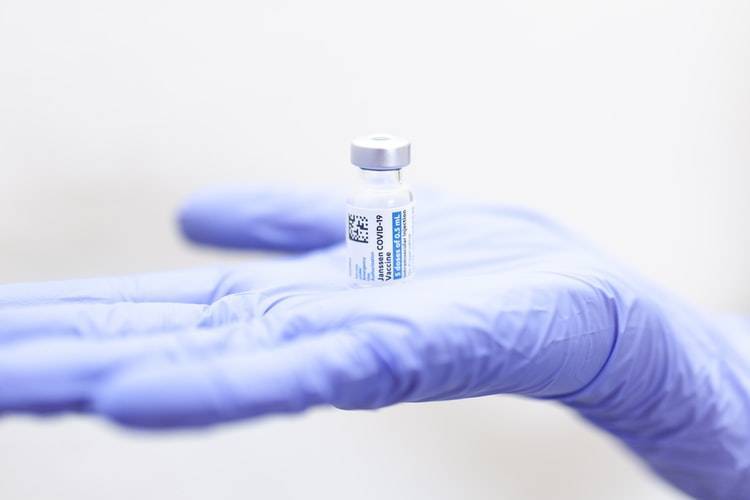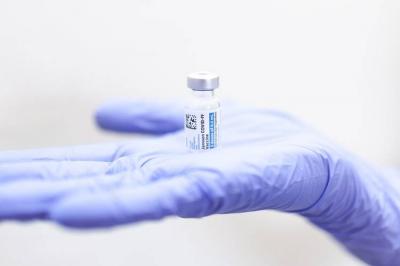American health authorities recommended on Friday night the use of the "Pfizer" and "Moderna" vaccines instead of "Johnson & Johnson" for vaccinating all adults against COVID-19 due to blood clotting believed to be associated with the single-dose vaccine. This recommendation from the Centers for Disease Control and Prevention (CDC) represents a significant blow to Johnson & Johnson, whose vaccine has been linked to nine deaths in the United States. However, this recommendation does not mean that the vaccine is banned in the U.S.; it will remain available, particularly for individuals who cannot receive the Pfizer or Moderna vaccines, especially due to allergic reactions that may be caused by the messenger RNA (mRNA) technology used in these vaccines.
Rochelle Walensky, the CDC director, stated in a statement that "the updated recommendation issued today reaffirms the CDC's commitment to providing American citizens with scientific information as it becomes available." This decision came shortly after an independent panel of experts urged U.S. health authorities to recommend that all adults prioritize the Pfizer and Moderna vaccines over the single-dose vaccine. The expert panel reached this recommendation based on new data that confirmed cases of blood clots in individuals who received the Johnson & Johnson vaccine.
However, CDC official Sarah Oliver emphasized that the recommendation to prioritize the Pfizer and Moderna vaccines over Johnson & Johnson was made due to the large quantities of mRNA vaccines currently available. She stressed that the single-dose vaccine reduces the risk of hospitalization but carries higher health risks compared to its two-dose competitors. The expert panel affirmed that the Johnson & Johnson vaccine should remain available, particularly for individuals with allergies that prevent them from receiving the other two vaccines or if no alternative vaccine is available.
Experts rejected the recommendation to ban the Johnson & Johnson vaccine due to the potential repercussions such a stance could have outside the United States, where vaccine supplies may differ. Oliver emphasized that if no other vaccine is available, the benefits of receiving the Johnson & Johnson vaccine against COVID-19 far outweigh the risks associated with it. As of the end of August, there have been 54 reported cases of blood clots associated with the Johnson & Johnson vaccine out of more than 14 million doses administered in the U.S.




